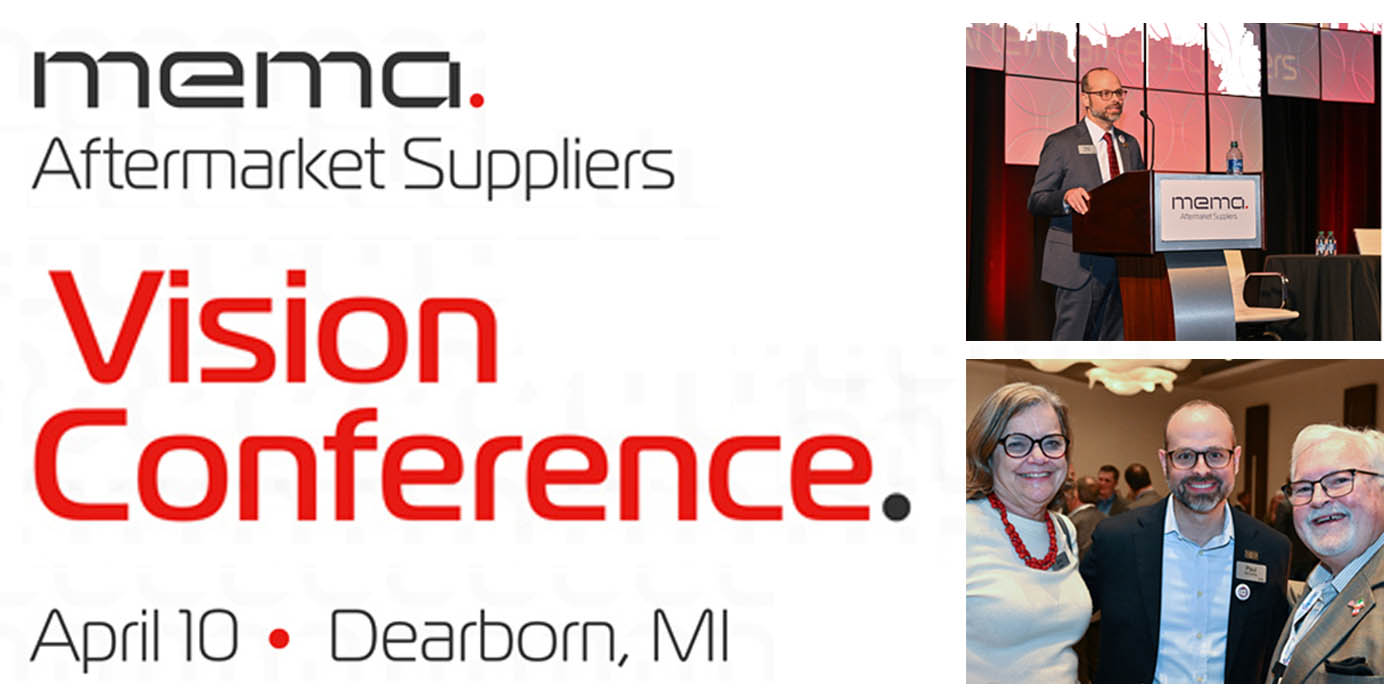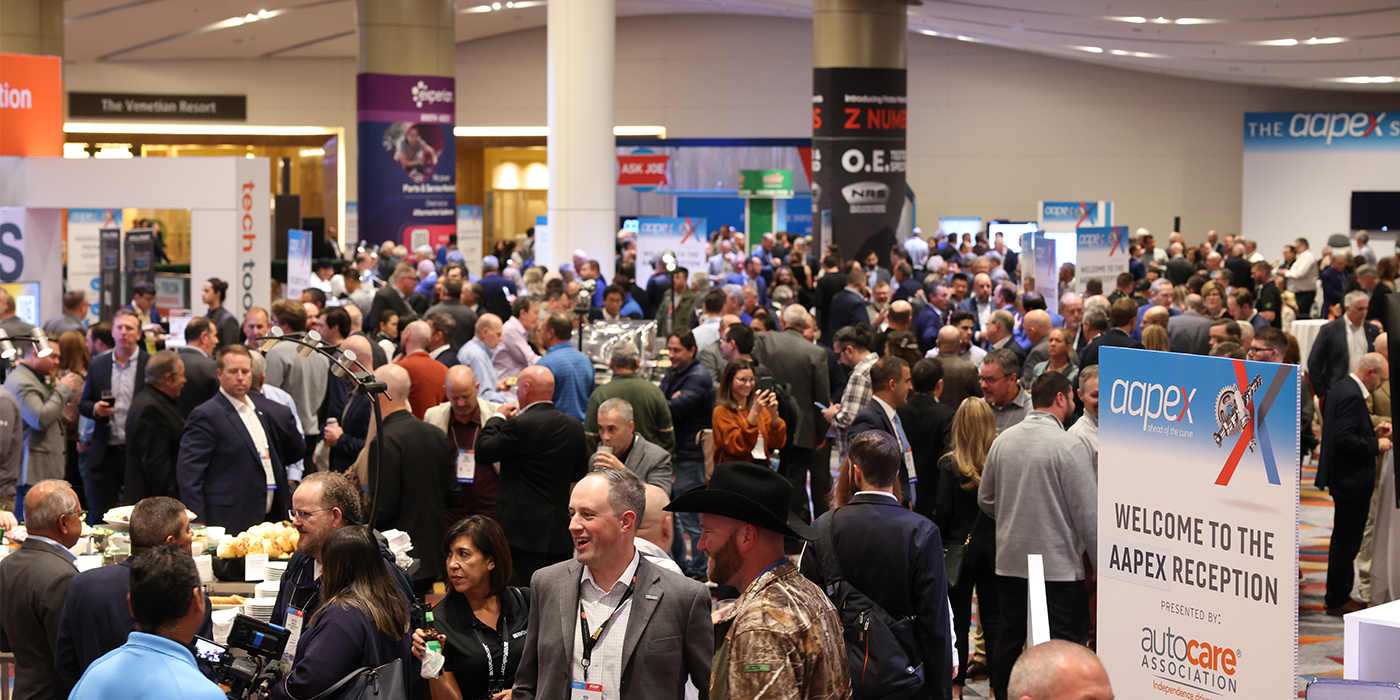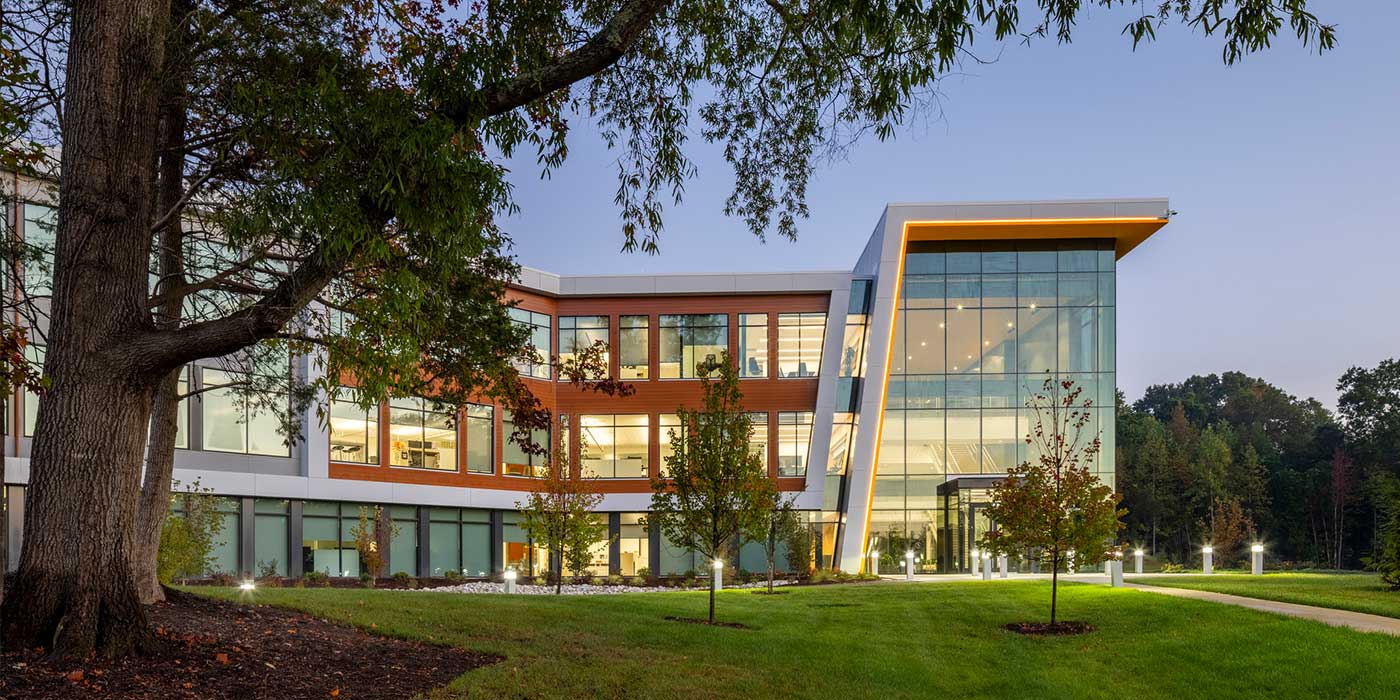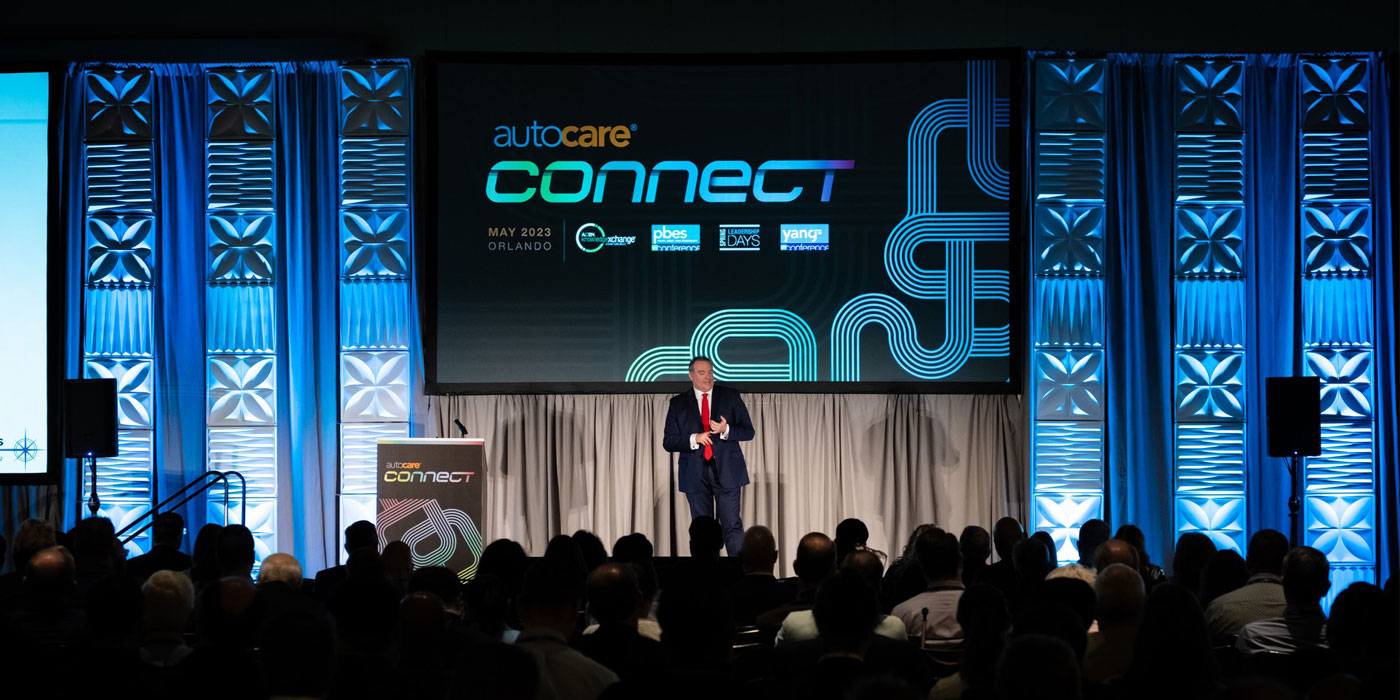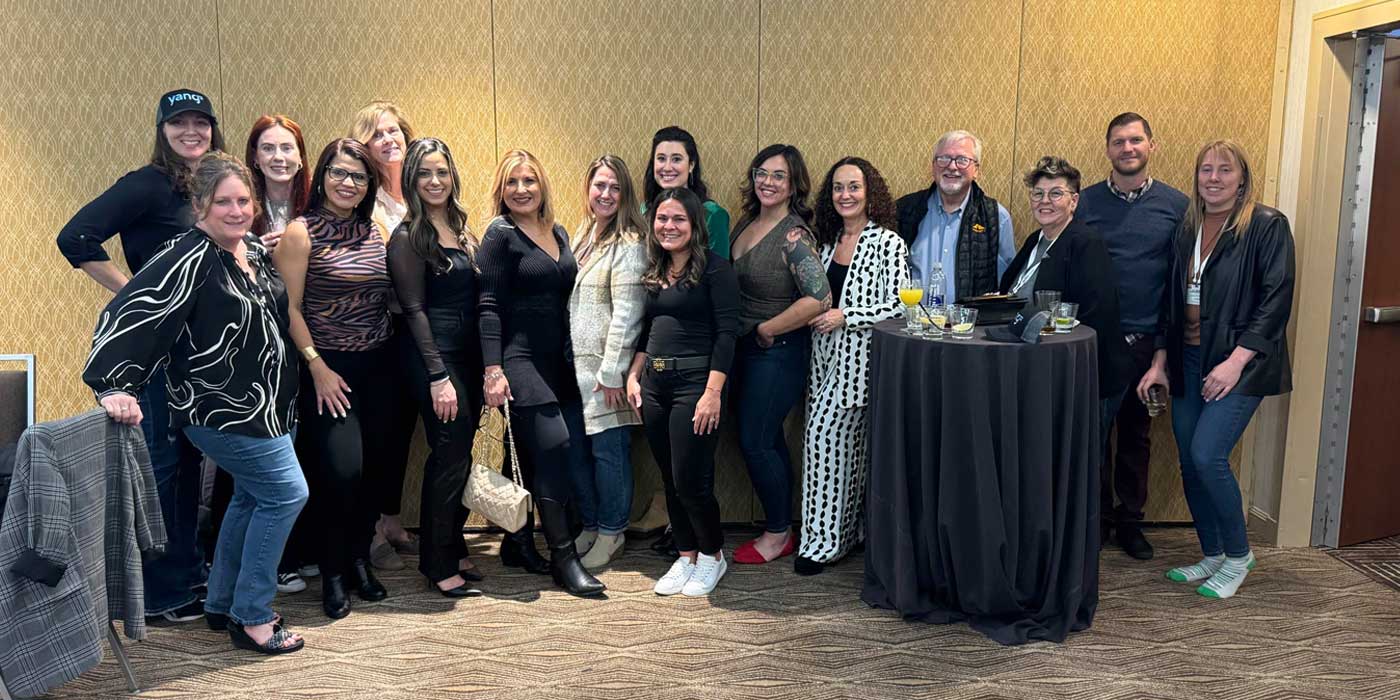CHICAGO — Billed as "the" most popular speaker to present at the Automotive Aftermarket Suppliers Association’s (AASA) annual Vision Conference (VisCon), economics professor Dr. Erik Hurst did not disappoint when he returned as keynote speaker for the 2012 Vison event held March 29 in Chicago. 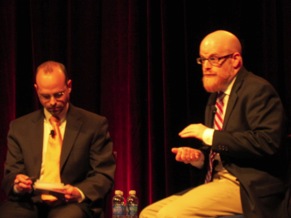
A dynamic and engaging speaker, Hurst speaks with high-energy, deep insight and authority on the status of the U.S. economy today. The V. Duane Rath Professor of Economics and Neubauer Family Faculty Fellow at the University of Chicago Booth School of Business studies macroeconomic policy, consumption, time use, entrepreneurship, housing markets and household financial behavior.
In his presentation to VisCon attendees last week, Hurst spoke about the "anemic" U.S. economic recovery and why it is different than other recoveries in the past. He outlined three things to expect going forward:
· Housing prices are not going to see a big rebound.
· Consumption is not going to experience, and we shouldn’t expect to see, a big bump back up, as what typically accompanies recoveries from large recessions.
· The unemployment/labor market will continue to stagnate.
"Housing big booms are followed by big busts," Hurst said. He added that he has not been able to find one example in history where big booms aren’t followed by big busts. There is "no reason to expect a large housing demand shock, we have a glut of existing supply," Hurst added.
As for GDP, that also is growing at a slower rate than it has following other recent recessions in history. The recession of 1974-1975 incurred GPD loss during the recession of 3 percent; the fourth-quarter after the recession showed growth of 7.5 percent. The 1982-83 recession produced a GDP loss of 3 percent, followed by 6 percent growth after the recession. In both instances, post-recession GDP growth was driven by consumers, Hurst said, but this time, the 2008-2009 recession produced 4 percent of lost GDP output and only grew 2.5 percent after the recession.
"After this recession, consumers are attempting to build back assets. We don’t want to spend. Savings rates took a big bump and we are saving 6 percent to 7 percent of our income today," Hurst said.
"This recession was different," Hurst said. "The steady state doesn’t look like an equilibrium. We were overspending, housing prices were too high and stuff we’re going through now is just a correction to what was happening in the 2000s. This is not only a temporary break from trend."
Jobs: This is the second-most concerning thing to Hurst about our economy going forward.
"The unemployment rate is not always the best measure of the market," Hurst said. The numbers don’t include those who are out of work who aren’t looking, which presents a skewed picture.
While employment in the U.S. is going up, so is the population, Hurst added. Combined with this is a startling trend that has been increasing over time. Young men between the ages of 20 to 40 have been working with less propensity over time, Hurst said. Young men with a high school degree or less, defined as "low-skilled" (ages 20-45), used to always work in manufacturing, yet the number today has halved, Hurst said. It’s an important industry for low-skilled young men.
The number of this demographic not working has doubled, he said. One out of 10 low-skilled young men don’t work at all.
"The number used to be 6 percent, and now its 12," Hurst pointed out. "There’s been a mass exit of low-skilled men in the labor force. Demand for manufacturing has fallen, wages have fallen, and many are choosing not work at all."
U.S. workers are choosing not to work at pretty good wages, Hurst added. "I never see the U.S. moving back to manufacturing levels of the 1980s, due to this and the increased competition in China," he said.
Hurst concluded his presentation, with the brief discussion of other key trends on his mind today. Among them, gas prices, Europe and Federal deficits.
"Gas prices are going up. Why?" Hurst asked. "Supply and demand. It’s not supply restrictions; it’s increase in demand due to the rise in China and India as bigger and more productive economies over a relatively short time frame. World demand for oil is increasing."
Europe: "Everything I said about the U.S. is 10 times more in Europe," Hurst quipped as he walked through the audience.
Federal deficits: "It’s unsustainable, the path we’re on. Long-run deficits are the bigger concern (without this recession) as a society," Hurst said.
"What is the new normal? I think the new normal is the old normal," he said. "How long is it going to take to get back to 2007 levels? It might take seven or eight years, because 2007 was really distorted."
We were well above where we should have been in 2007, Hurst said.


